By Faith Cheruiyot, HER Magazine

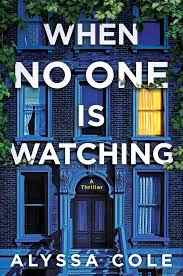
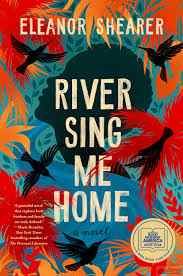

Including two OCM Bocas Prize for Caribbean Literature Winners
Caribbean literature continues to flourish both locally and on the global stage. Books written by Caribbean women have added to this success by promoting culture, preserving history, imagining the future, breaking the norms and more.
These four books capture the essence of the islands that make up the captivating Caribbean and all explore different but significant themes that not only revolve around womanhood but also around the trials and tribulations that it comes with. Looking for a heart-throbbing, suspense stricken read? Try Alyssa Cole’s When No One Is Watching.
What about a feel-good Trini fiction revolving around a mythical theme? When We Were Birds by Ayanna Lloyd Banwo is your pick. To explore the resilience and vulnerability of a woman who shares her story so boldly, read How To Say Babylon by Jamaican author Safiya Sinclair. And what about history and a display of a mother’s love for her sold children during slavery? River Sing Me Home takes you on an heartbreaking but hopeful journey.
Here is more about the four books:
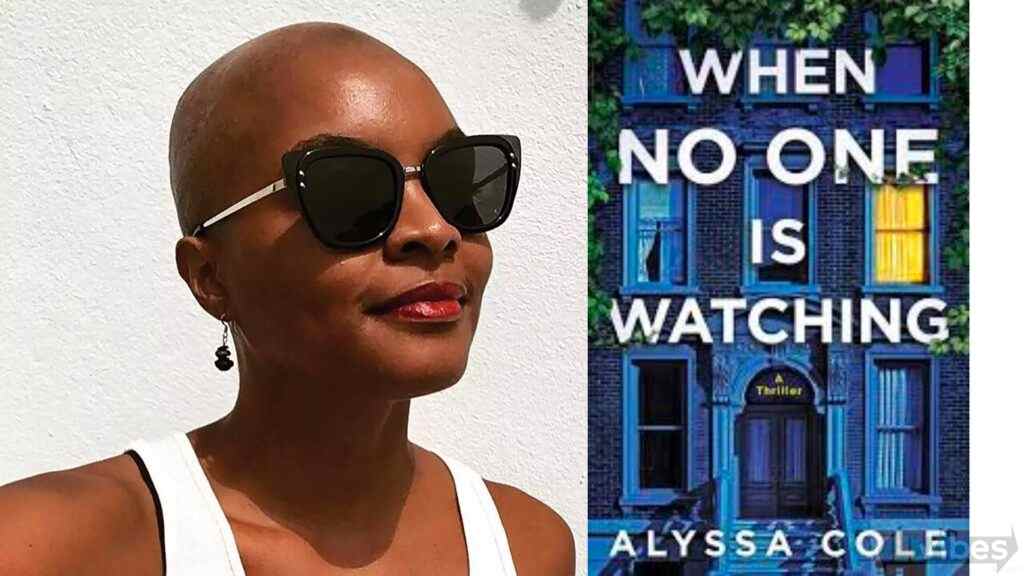
1. When No One Is Watching
Take your memory back to when you watched the movie Get Out. Do you remember the feeling it gave you, the suspense, the mystery and most of all, do you remember the adrenaline rush? Now take that and flip through the pages of this book.
Alyssa Cole takes you on a mystery hunt in a Brooklyn neighbourhood that is in the process of gentrification.
The change in the neighbourhood is evident, from emerging condos, existing houses for sale to new neighbours replacing disappearing neighbours. Sydney Green takes a quest to stop this change by trying to preserve the community’s history with guided walking tours where she meets Theo. Together, they are weaved into a web of mystery and a deep dive into the community’s history. This leads to revelations that make them question whether the disappearance is linked to the new housing developments and whether the new neighbours have anything to do with it.
Can Sydney trust Theo? Can they solve the mystery of the disappearances together before they too disappear?
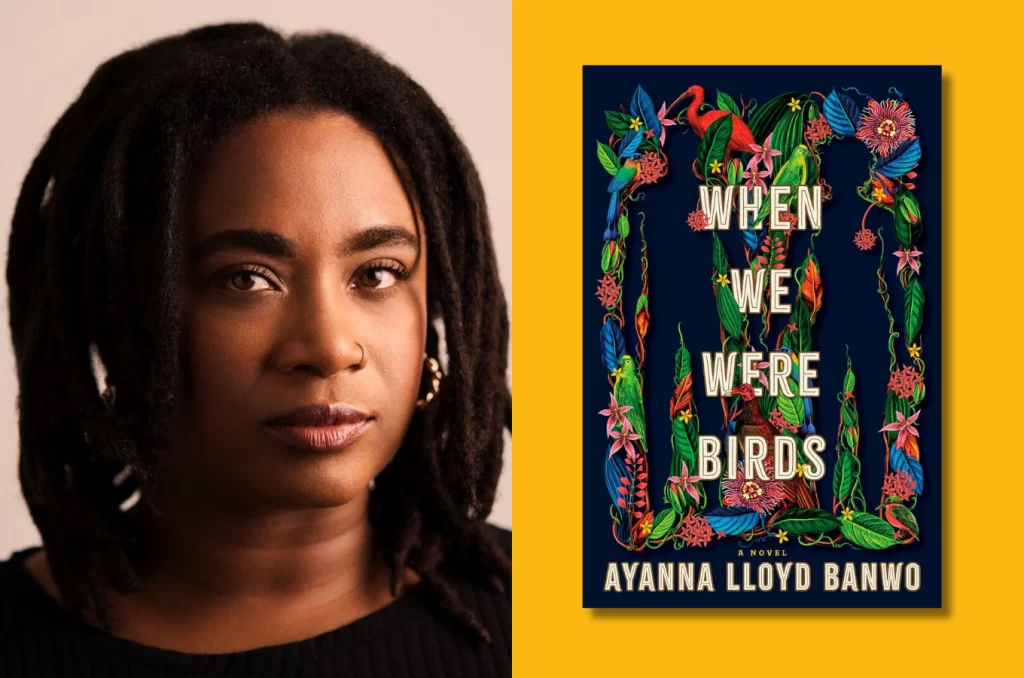
2. When We Were Birds– Winner of the 2023 OCM Bocas Prize for Caribbean Literature
Written by Trinidadian author Ayanna Lloyd Banwo, the book follows the lives of two characters, Yejide and Darwin. It is set in a mythical Trinidad and Tobago with the central themes revolving around inheritance, loss, and love’s seismic power to heal.
While Yejide grapples with the responsibility of the passage of the city’s souls into the afterlife passed down by the women before her, Darwin has to draw a line between his Rastafarian upbringing and beliefs to provide for his ailing mother. He takes on a grave-digging job but finds out that in a city of possibilities and danger, the job is more than just burying dead bodies.
Ayanna Lloyd Banwo beautifully captures the essence of the islands’ culture through her words, creating visuals that feed the imagination of the reader. This is a must read!
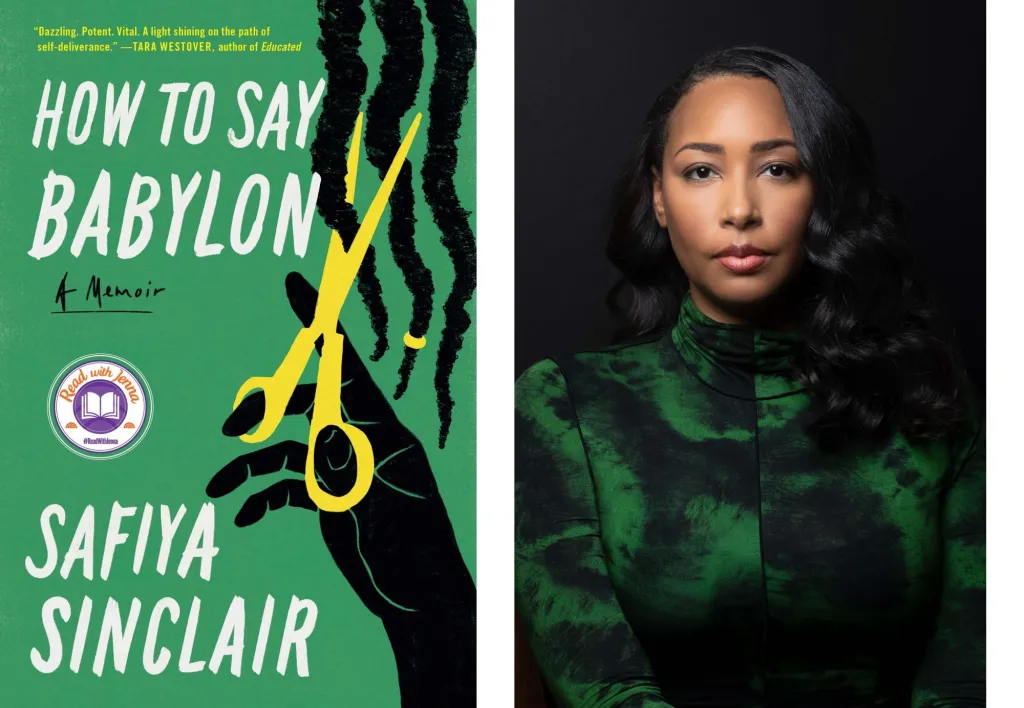
3. How To Say Babylon – Winner of the 2024 OCM Bocas Prize for Caribbean Literature
A good book is one that leaves you thinking about it even after you’ve closed that final page. This memoir does just that.
How to Say Babylon is a poignant memoir by Jamaican poet Safiya Sinclair, which delves into her upbringing within a strict Rastafari household. The narrative unfolds her journey of self-discovery and liberation through striking literature, against the backdrop of her father’s rigid expectations and cultural confines. Sinclair’s vulnerability takes you through an emotional journey, reflecting on her father’s way of raising her and what would have influenced that.
This memoir not only offers an intimate look at Sinclair’s personal struggles but also provides a window into the complexities of Rastafari culture and its impact on women in Jamaica.
This story is a testament to the power of resilience and the enduring spirit of creativity in the face of adversity.
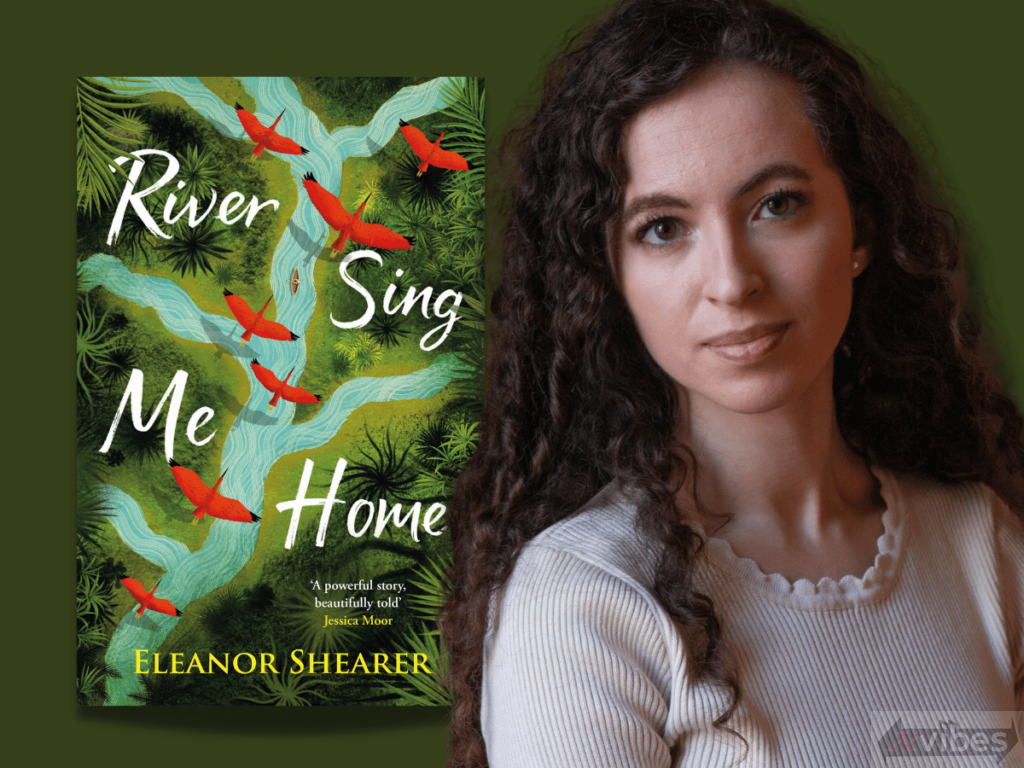
4. River Sing Me Home
‘When the hurricanes came, they ripped up even the sturdiest trees; and when the white men came, they tore children out their mothers’ arms. And so, we learned to live without hope. For us, loss was the only thing that was certain.’
Eleanor Shearer, captures the reality of slavery and its implications on the enslaved through an account of a mother’s determination to find her children.
Rachel begins a search for her five children who would have been taken and sold to different parts of the Caribbean. Her journey starts in Barbados, through the deep forests of British Guiana and finally across the sea to Trinidad. Even with the possibility of not finding her chil dren alive, Rachel is relentless in her pursuit.
This is a story of many a fight for freedom and a showcase of the lengths to which a mother would go to reconnect with her family and truly be free at last.
